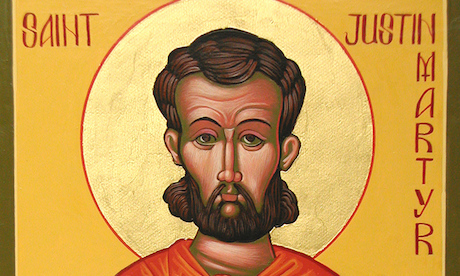As I have mentioned in a previous posting, there are many different sorts of martyrdom–in the broad sense of bearing witness, at a high or ultimate cost, to an awkward truth or passionately embraced cause.
Independence movements, environmental campaigns, investigative journalism, humanitarian missions to war zones. They all draw inspiration from sons and daughters who perished in the line of duty.
But this week’s killing in Syria of a brave Dutch Jesuit priest, reported by our sister blog Pomegranate, seemed to generate yet another idea about self-sacrifice for a noble purpose.
“He is like a martyr for inter-religious dialogue,” said his compatriot and fellow Jesuit, Jan Stuyt, in response to the awful news.
Now at first sight, that’s a rather curious concept.
As a religion writer, I have experienced a lot of inter-religious dialogue. Especially in the aftermath of 9/11, every religious figure in the world, from popes and archbishops to grand muftis and rabbis, has been engaged in religious dialogue.
Sometimes they compare theological notes with one another, to see whether they differ and where they agree, and sometimes they discuss some neutral topic, like poverty and the environment.
These are worthy endeavours; they build up robust relationships which come into play when some terrible event, like a terrorist attack, threatens inter-religious peace.
But on the whole, the participants are in no danger of anything worse than jet lag or an overdose of caffeine. Continue reading.
Source: The Economist
Image: onbehalfofall.org
Additional readingNews category: Analysis and Comment.




